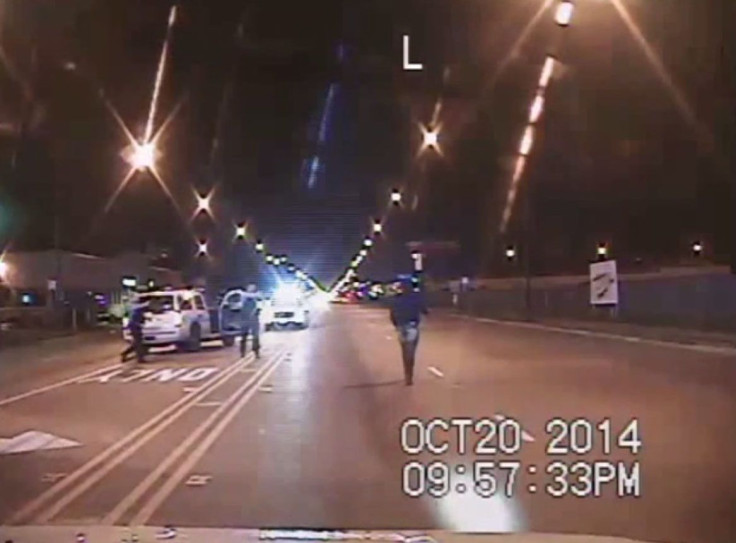What's Wrong With Police? Chicago PD 'Forgot' To Punish Officers Who Broke Rules

Just two months after a Justice Department investigation found the Chicago Police Department had "deficient accountability systems" that led to unconstitutional use of force against the city's citizens, a new analysis shows that Chicago officers found guilty of misconduct, including physical violence and stalking, avoided punishments for years because the department simply forgot about their cases.
On Friday, the Chicago Tribune published the results of an investigation into the city's police force that found at least 14 cases in which punishments weren't handed down because cases simply fell into the cracks of the tangled bureaucracy responsible for investigating and disciplining officers.
Read: Justice Department Report: Chicago Police Hit Children, Kill Dogs And Shoot People For No Reason
The city has an Independent Police Review Authority (IPRA) that investigates police misconduct. But after it completes its investigations and sends findings to Chicago Police Department there is no system in place to make sure it actually imposes discipline, the Tribune reported. In fact, neither the police or the IPRA was aware of the cases in question until Tribune reporters made inquiries.
"Nobody's minding the store. That's all," Jon M. Shane, an associate professor at the John Jay College of Criminal Justice at the City University of New York, told the Tribune. "That doesn't even make sense. There's no possible way that that could happen. It just doesn't add up."
The investigation analyzed many cases, including the case of Officer Maurice Anderson. Anderson was supposed to have been suspended for beating his wife, who was also a Chicago police officer. The IPRA initially recommended Anderson be fired, but after multiple rounds of Police Department review, the punishment was reduced to a 45-day suspension, and then a 30-day suspension. But more than two years after Anderson was sentenced, and eight years after the beating took place, Anderson hasn't served his punishment.
The investigation comes just a day after police officer Jason Van Dyke was charged with 16 counts of aggravated battery for every one of the 16 bullets he fired into 17-year-old Laquan McDonald in October 2014. Van Dyke, who is white, was also charged with murder in connection with the shooting of McDonald, who was black, in 2015. Van Dyke has pleaded not guilty to all charges.
McDonald's death led to a public outcry against the police department. More than a year passed between McDonald's death and when the police released dashboard camera footage of the incident to the public, which it only did when ordered to be a judge. Van Dyke was first charged with murder after the video was released, despite that prosecutors had access to the footage immediately after McDonald's death.
© Copyright IBTimes 2024. All rights reserved.






















